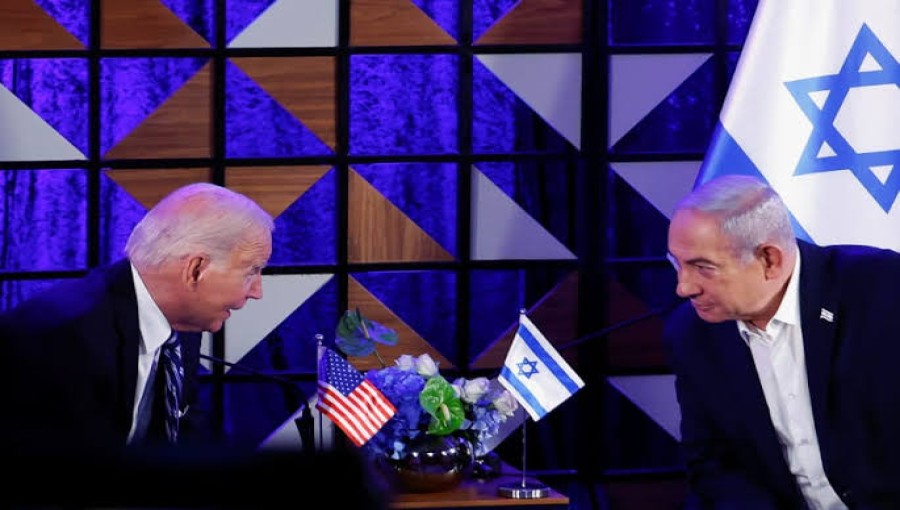Amid escalating tensions and international pressure, Israel finds itself increasingly isolated in its handling of the Gaza conflict. In a surprising move, Israel announced its intention to occupy Gaza within seven days, a decision met with condemnation and calls for restraint from the global community.
The United States, a longtime ally of Israel, notably abstained from voting on a UN Security Council resolution demanding a ceasefire in Gaza during the Islamic holy month of Ramadan. This unprecedented move signaled a significant shift in US-Israel relations, leaving Israel to navigate the conflict largely on its own.
Following the resolution's passage, Israel even canceled a planned visit of its delegation to the United States, underscoring the growing sense of isolation and uncertainty surrounding the conflict.
Meanwhile, Turkish President Recep Tayyip Erdoğan issued a stark warning, threatening to send Israeli Prime Minister Benjamin Netanyahu "directly to God." This bold statement highlighted Turkey's willingness to take decisive action in support of Palestine, signaling a departure from mere diplomatic rhetoric.
As international pressure mounts, Israel faces additional challenges with four European countries, including Spain, signaling their intent to recognize Palestine as an independent state. With growing support for Palestine across the globe, Israel's traditional allies are distancing themselves, leaving Israel in a precarious position.
In the face of these developments, Israel's options are increasingly limited. Despite its military might, Israel cannot ignore the growing chorus of voices calling for justice and accountability. As the conflict unfolds, Israel may find itself confronting the most significant defeat in its history, a consequence of its isolation and escalating international pressure.





























Comment: